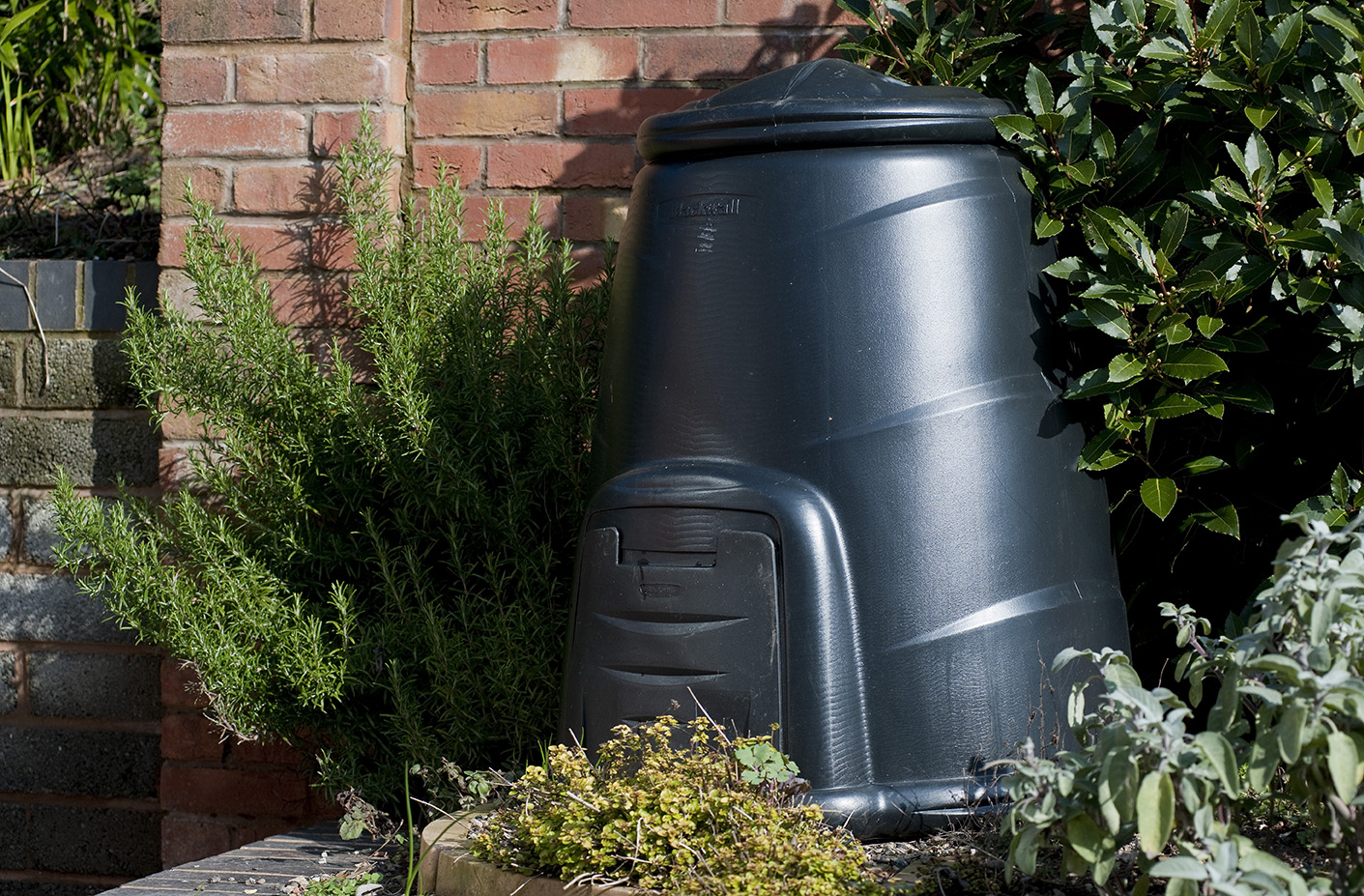Reduce and reuse

Together we can do even more to reduce, reuse and recycle. Whether you use reusable shopping bags, compost at home or buy products with less packaging.
Quick links
There are many ways of reducing the amount of waste we produce and the energy we consume.
It’s estimated that up to 90 per cent of what we throw away is recoverable, and could be used for something else. The best way to deal with waste is by not producing it at all. There are many ways of reducing the amount of waste we produce and the energy we consume.
The three R’s
All of our efforts to cut waste are based on the principle of the ‘three Rs’ - reduce, reuse and recycle - landfilling should always be the last option.
- Reduce: minimising waste is the most important strategy in waste management - you can achieve this by buying less and using less. Why not try home composting or reusable nappies?
- Reuse: an item’s life should be extended by using it and reusing it as much as possible - donate your unwanted items to give them a new lease of life.
- Recycling: items are converted into new products - use your orange bag recycling service or visit one of our recycling centres.
Donate unwanted items
Before you throw away an item, you might want to consider donating it to somebody else. You can donate your items to our Furniture Bank scheme, or at our Reuse Shop at Gypsum Close Recycling Centre.
Many items can also be reused through local charity shops, auction sites like eBay or websites such as Freecycle.
To find your nearest charity shop please visit the following link:
Love Your Clothes
Every year around 336,000 tonnes of unwanted clothing goes to landfill in the UK.
This has significant environmental impact and there is no reason any unwanted clothing should end up in landfill.
To help our residents find the right fit for their unwanted clothing and to help us all reduce the impact of clothes on the environment, we are proud to support the Love Your Clothes campaign. Visit the Love Your Clothes website.
Love Your Clothes focuses on four key areas:
1. Buying clothes
Loving your clothes starts with smarter buying.
Buying clothes that are better made means they will last longer and often be easier to care for. Or maybe you don’t need to buy at all – you could hire or swap clothing instead.
Buying pre-loved or vintage clothes can be a great way of getting a new look at a fraction of the cost of new.
2. Care and repair
Great ideas to help keep your clothes looking great for longer.
Washing, drying, and storing clothes the right way can save you cash and help the environment, all whilst helping you to look after your clothes and keep them looking great for longer!
When your clothes do need a helping hand, there are lots of great ideas and expert advice to help you make simple repairs to your clothes.
3. Refashion and upcycle
Shop your wardrobe and find inspiration to give your old clothes a fresh new lease of life.
Clothes can be given a fresh and unique new look by altering, accessorising and combining clothes in new ways. Visit the Love your Clothes website (linked at the top of this page) for great ideas on how you can create new outfits from existing garments and get some seriously crafty ideas!
4. Unwanted clothes
If you have fallen out of love with your former favourites and there is nothing left to do – make sure you find the right way to dispose of them.
Whatever you want to get rid of, visit the Love Your Clothes website (linked at the top of this page) to find out the best place for them to be loved all over again, or recycled into a new material. This could be donating your unwanted clothes to charity or a friend, selling them or recycling them. Whatever you do, by keeping them out of landfill for longer, you will be reducing their impact on the environment.
Love Food Hate Waste
We throw away 7.2 million tonnes of food every year, most of which could have been eaten. The Love Food Hate Waste campaign provides tips and advice to help us waste less food, and recipes for leftovers. For further information visit the Love Food Hate Waste website which is linked at the top of this page.
Wasting food costs the average family with children around £680 a year, or £50 a month, and has serious environmental implications too. If we all stop wasting food that could have been eaten, the CO2 impact would be the equivalent of taking one in five cars off the road.